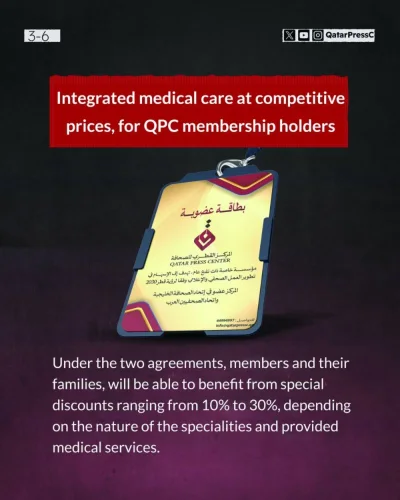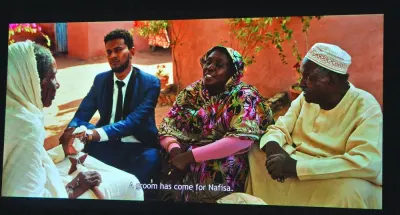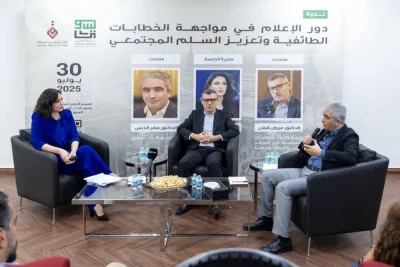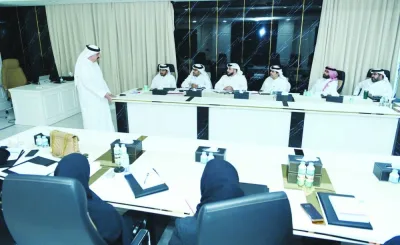The Qatar Media Corporation (QMC) signed a co-operation agreement with Al Jazeera Media Network, represented by the Al Jazeera Media Institute, Thursday, at the corporation’s headquarters in the Channel 37 building. The ceremony was attended by several officials from both sides. The agreement was signed on behalf of the QMC by Abdullah Ghanem al-Binali al-Mohannadi, Director of the International Co-operation Office at the corporation, in addition to his duties as Director of the Planning and Quality Department. Iman al-Amri, Director of the Al Jazeera Media Institute, signed the agreement on behalf of the Al Jazeera Media Network. On this occasion, al-Mohannadi emphasised that the signing of this agreement comes within the framework of the corporation’s commitment to investing in knowledge and developing high-level media competencies. He noted that this partnership represents an important step towards building an integrated national media system that meets international standards. For her part, al-Amri welcomed this partnership with the QMC, stressing that the institute will leverage its expertise and capabilities in media training and development to serve this agreement, thus enhancing the position of Qatari media and preparing its cadres for the future. This agreement aims to enhance co-operation in the fields of training, media production, and the development of national competencies. This agreement will be implemented through the design and implementation of specialised training programmes. Providing practical training within the studios and facilities of the Al Jazeera Media Institute, as well as organising workshops and providing development consultations in technical, technological, and strategic aspects. The agreement also includes special benefits for QMC for training courses and media productions, contributing to supporting the human and creative capabilities of employees across its various sectors, while keeping pace with the rapid transformations in the media industry. The QMC affirms that this agreement is part of its strategic plans to enhance co-operation with leading media institutions and develop the capabilities of national cadres, serving the progress of Qatari media and strengthening its pioneering presence at the regional and international levels. On this occasion, Mariam Suwailem, Head of Training at the Human Resources Department at the QMC, told Gulf Times: “Today, we celebrate the signing of a strategic partnership, to collaborate on providing specialised media and technical training programmes that keep pace with the latest technical and professional developments in the media field. “This agreement reflects the commitment of both parties to enhancing the practical and technical capabilities of media professionals and preparing a creative generation that contributes to the production of high-quality content that meets international standards.”

Tawfik Lamari
Tawfik Lamari is an editor at Gulf Times. He has several years of mainstream media experience in fortes such as culture, health, social issues, environment and has covered various events across MENA.
Most Read Stories























